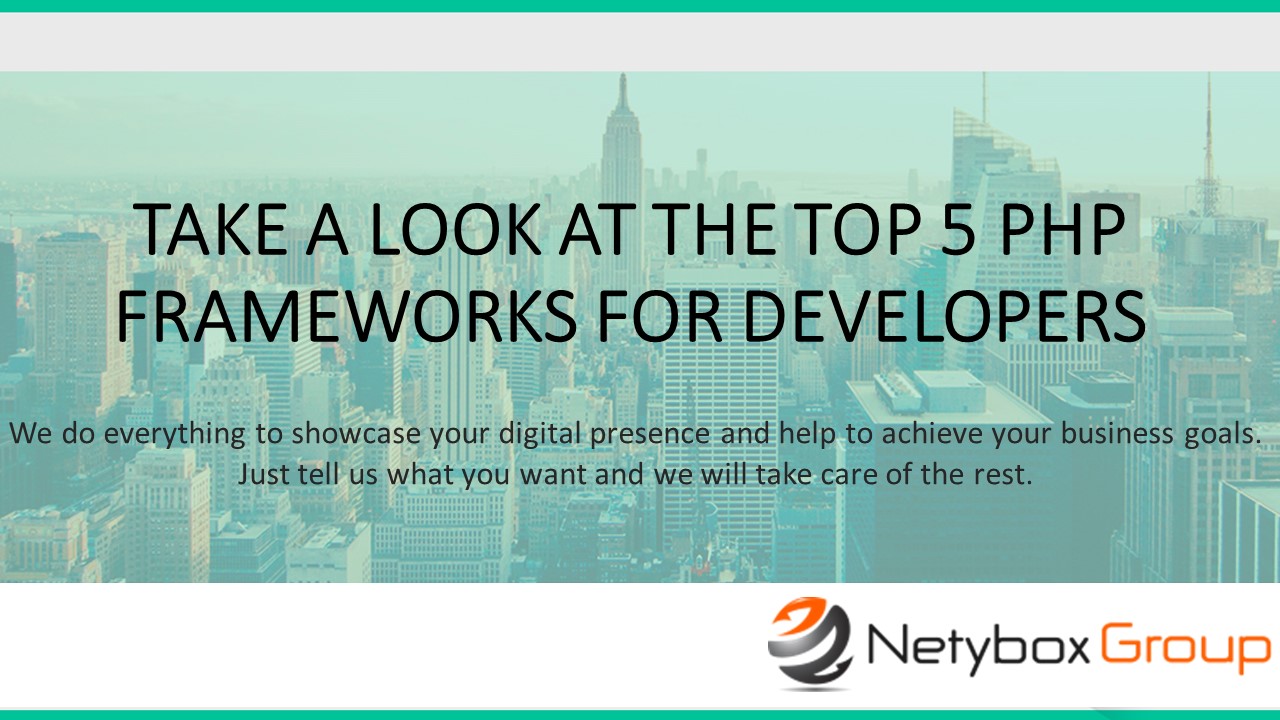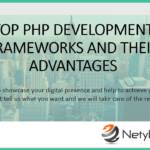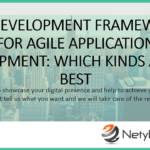Take a look at the top 5 PHP Frameworks for Developers
This a consider the best 5 PHP frameworks for developers
It is very challenging to create complex applications or websites in today’s areas. Nevertheless , with the aid of PHP, which is known as the most popular server-side scripting language in the world, we can simply and quickly develop a website. It offers come a long way from the first inline code thoughts appeared in static CODE files.
Nowadays, developers need to make complex websites and web apps, and above a certain intricacy level. This is where PHP frames help, as it always helps to create a complex software application, and you will take more time for specific tasks and functionality.
Why Use A new PHP Framework?
The most common reason as to why so many developers prefer to use PHP frameworks and exactly how these frameworks can gain levels your development process receive below
- PhalconPHP
Phalcon is a high-performance PHP web framework based on the MVC pattern. Originally released in 2012, it is an open-source framework certified under the conditions of the BSD License.
In contrast to most PHP frameworks, Phalcon is implemented as a web server extension written in C, aiming to enhance execution speed, reduce reference usage, and handle more HTTP requests per second when compared to frameworks written mainly in PHP. Phalcon is also packed with many cool features such as a universal auto-loader, asset management, security, translation, puffern, and many others. Because it’s a well-documented and easy-to-use framework, it’s definitely worth a try.
- Laravel
Laravel is a free, open-source PHP web framework meant for the development of web applications following the MVC architectural pattern. In accordance to Sitepoint’s recent online survey, it is the most popular framework among developers. Laravel has a huge ecosystem with an instant hosting and deployment platform, and its established website offers many screencast tutorials called Laracasts.
Some of the highlights of Laravel are a modular presentation system with a fervent dependency manager, different ways for accessing relational databases, resources that aid in application deployment and maintenance, and its orientation toward syntactic sugar.
- Symfony
Symfony is a PHP web application framework for MVC applications. Symfony is free software and released under the MIT license. Symfony aims to speed up the creation and maintenance of web applications also to replace repetitive coding tasks.
Symfony is aimed at building robust applications in an enterprise context, and aims to give programmers full control over the configuration: from the listing structure to the international libraries, almost everything can be customized. To match enterprise development guidelines, Symfony is bundled with additional tools to help designers test, debug and document projects.
- Yii 2
Yii is a modern PHP framework best for creating web developing and APIs. Yii is a free, open-source Web program development framework so easy to use. It’s written in PHP5 that promotes clean, DRY (Don’t Repeat Yourself) design and encourages fast development. It helps the developer to ensure an extremely efficient, extensible, and maintainable end product.
- CakePHP
CakePHP is already a decade old (the first version was released in 2005), but it’s still among the most popular PHP frameworks, as they have always managed to keep up with time. CakePHP is an open-source web framework and follows the MVC approach. It is written in PHP, and modelled after the concepts of Ruby on Rails.
CakePHP uses well-known software engineering concepts and software design patterns, such as convention over configuration, MVC, active record, association data mapping, and front controller.
The latest version, CakePHP 3. 0 improved treatment management, increased modularity by decoupling many of the components, and increased the ability of producing more stand alone libraries.
Learn more: Atarax










